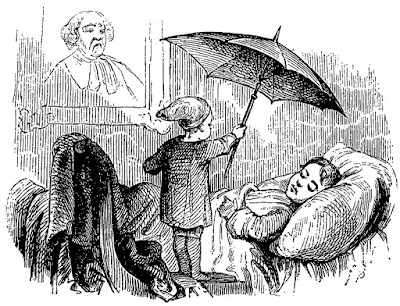Hitchcock
HITCHCOCK (20112, Sacha Gervasi)
A screen adaptation of Steven Rebello’s non-fiction book Alfred Hitchcock and the making of Psycho (1990). The movie covers a brief but crucial part in the famous director’s life and career in which he made a daring career movie and saved his mariage with his partner and creative partner Alma Reville.
In 1959 Alfred Hitchcock was one of the world’s most famous movie directors, but some of latest projects had generated mixed comments. Most people saw Hitchcock as a director of elegant and sophisticated spy thrillers and when he declared that his next movie would be an adaptation of Robert Bloch’s Psycho, a horror novel based on the life of real-life murderer Ed Gein, the people around him were shocked. Even his wife and live-long creative partner Alma had doubts about it. But Hitch simply wouldn’t give up the idea of making a horror movie about a voyeuristic serial killer with Oedipal obsessions. Eventually he would put virtually everything he had in jeopardy in order to make the movie: his reputation, his possessions and even his marriage.
As said the movie is based on Steven Rebello’s book, but unlike the book, the movie shifts the focus away from the making of Psycho and concentrates more on Hitchcock’s personal life. Initially the script was more concerned with Hitch’s obsessions, notably his sexual frustrations in relation to the blonde actresses in his movies, but director Gervasi feared that the movie would stir the same controversy as the Tv-movie The Girl, based on Tippi Hedren’s autobiografy, in which Hitchcock was described as a sexual preditor. Therefore Hitch’s relationship with his wife and creative partner Alma Reville was brought more central to the plot. Helen Mirren turns in an excellent performance - as always - as Alma, but also leads the movie away from the person and the things most viewers will be interested in: the famous director and the creative process of making the movie called Psycho.
As a result Hitchock, the movie, is a bit of a half-baked affair. We see Hitch on and off the set, spying on his actresses, having discussions with producers, censors, reporters (and with an imaginary Ed Gein!), but we get no real insight in his persona and learn more about the director’s boulemia than about his sexual frustrations, more about his marriage than about his art. In the end Hitch & Alma would’ve been a more appropriate title. Johansson and Biel are endearing as, respectively, Janet Leigh and Vera Miles, and they have a tickling conversation about the director in a dressing room, but the scene is cut short as soon as our curiosity is provoked. Like so many things in this movie.
And what about Anthony Hopkins’ performance as the master of suspense? The prostetics by makeup-artist Howard Berger are impressive and Hopkins is struggling very hard, but he’s better at imitating Hitchcock’s movements than his trademark slow speech. Anthony never becomes Alfred. His Hitch remains Hop.
Note:
* See: https://www.fastcocreate.com/1682054/see-how-anthony-hopkins-was-transformed-into-alfred-hitchcock (Scroll down to see a 1 minute clip of the transformation)



Reacties
Een reactie posten